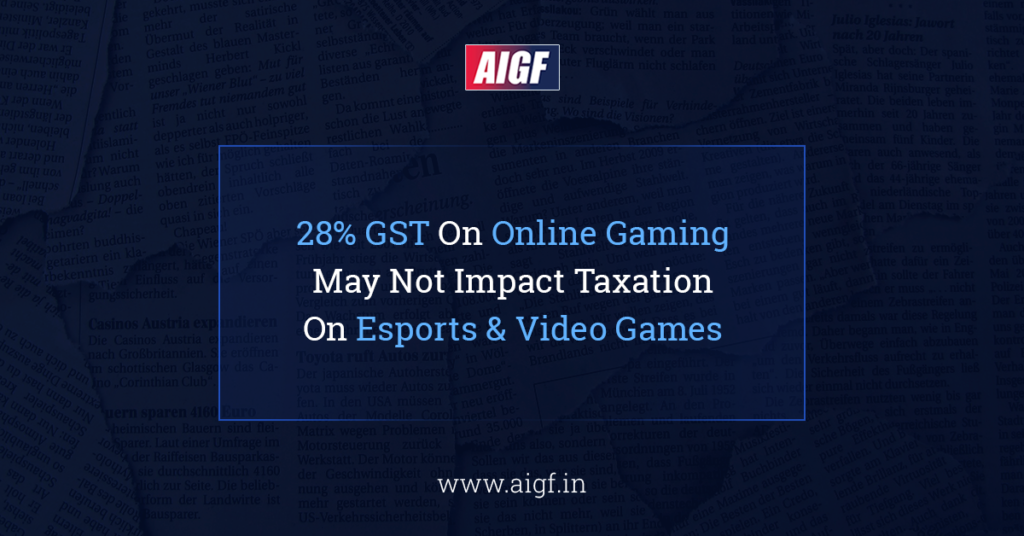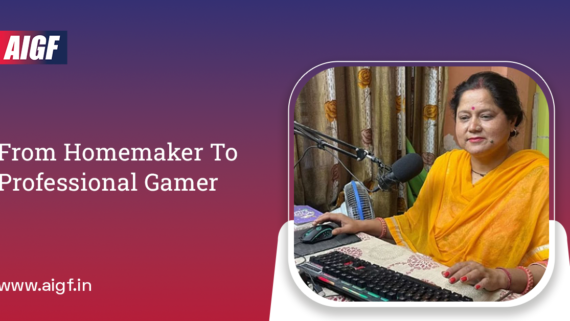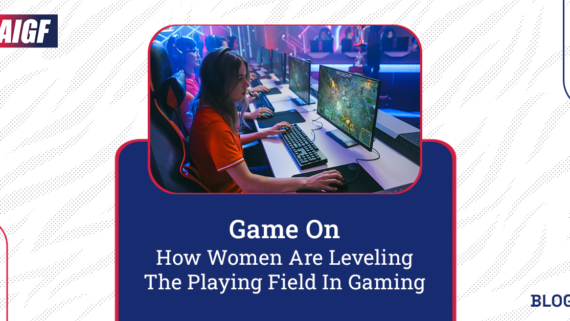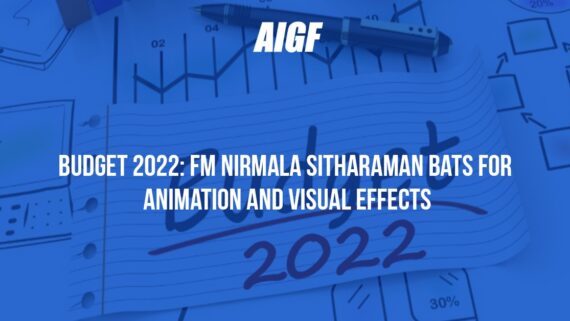The GST on online gaming may not impact taxation on esports, video games. The government clarified that the new GST rates will only apply to pay-to-play games. Esports and video games, which are skill-based, will not be subject to the 28% GST.
28% GST On Online Gaming May Not Impact Taxation On Esports & Video Games
The recent proposal to impose a 28% GST on online pay-to-play games will not affect the taxation of esports titles such as FIFA, League of Legends or major titles on platforms such as PlayStation, Xbox and Nintendo.
The increased tax will only be applied to pay-to-play games where you can monetary rewards, like fantasy sports, rummy, and poker.
“Esports and video games, intended purely for entertainment and not involving betting, gambling or any money transactions, will continue to be taxed as they have been,” according to a government official.
Currently, esports and games intended for entertainment are subject to 18% GST. Major players such as Microsoft and Activision Blizzard provide such games without a pay-to-earn element.
The rules for games or sports that involve monetary rewards will be different from games that are just for fun. “The detailed framework will specify terms like ‘online money gaming’ and what all will fall under this category,” a senior official familiar with the matter said.
At its most recent meeting, the GST Council decided to impose a 28% flat-rate tax on the total amount at entry level for every gaming session from October 1.
According to sources, some of the biggest names in the gaming sector reached out to the finance ministry asking for a clear definition to clear up any misunderstandings caused by the terminology.
In their representation to the government, some of these stakeholders expressed doubts regarding the lack of correlation between the esports industry and pay-to-earn and similar forms of activities. There are an estimated three to four billion gamers around the world who play video games and participate in esports.
According to a source with knowledge of the matter, Esports has been acknowledged by the Information Technology (Intermediary Guidelines and Digital Media Ethics Code) Rules and should be taken into account for taxation purposes.
In its most recent meeting, the GST Council agreed to include the following definition of online gaming: “An offering of a game on the internet or an electronic network and includes online money gaming.”
“Online money gaming” is likely to mean “games where players pay or deposit money or money’s worth, including virtual digital assets, in the expectation of winning money”.
“The differentiation between online money games and online games in the GST law will allow the industry, where there are no money winnings involved, to pay tax at 18 per cent, like any other online portal,” said Bipin Sapra, partner at EY India.
In addition, it looks like there’s going to be a new rule for online pay-to-play gaming that’s offered by someone who’s not in the GST jurisdiction. They’ll be included in Integrated GST.
In addition, the framework could include a “specified actionable claim” to cover pay-to-earn as well as other online pay-to-play games.
The Central GST Act is likely to be amended in this regard during the monsoon session. The draft Bill seeking this amendment has not yet been tabled in Parliament, even though it has a few days remaining in the sitting. The Centre can issue an Ordinance and, in the case of specific legislation, move an additional business list.
After the Council’s meeting, Union’s Finance Minister Nirmala Sitharaman said that the proposal to impose higher taxes on online gaming will probably be taken up in the next part of the parliament. She also asked states to update their laws soon to make sure they’re in place in time.
Credit: Business Standard











Comments
Comments are closed.